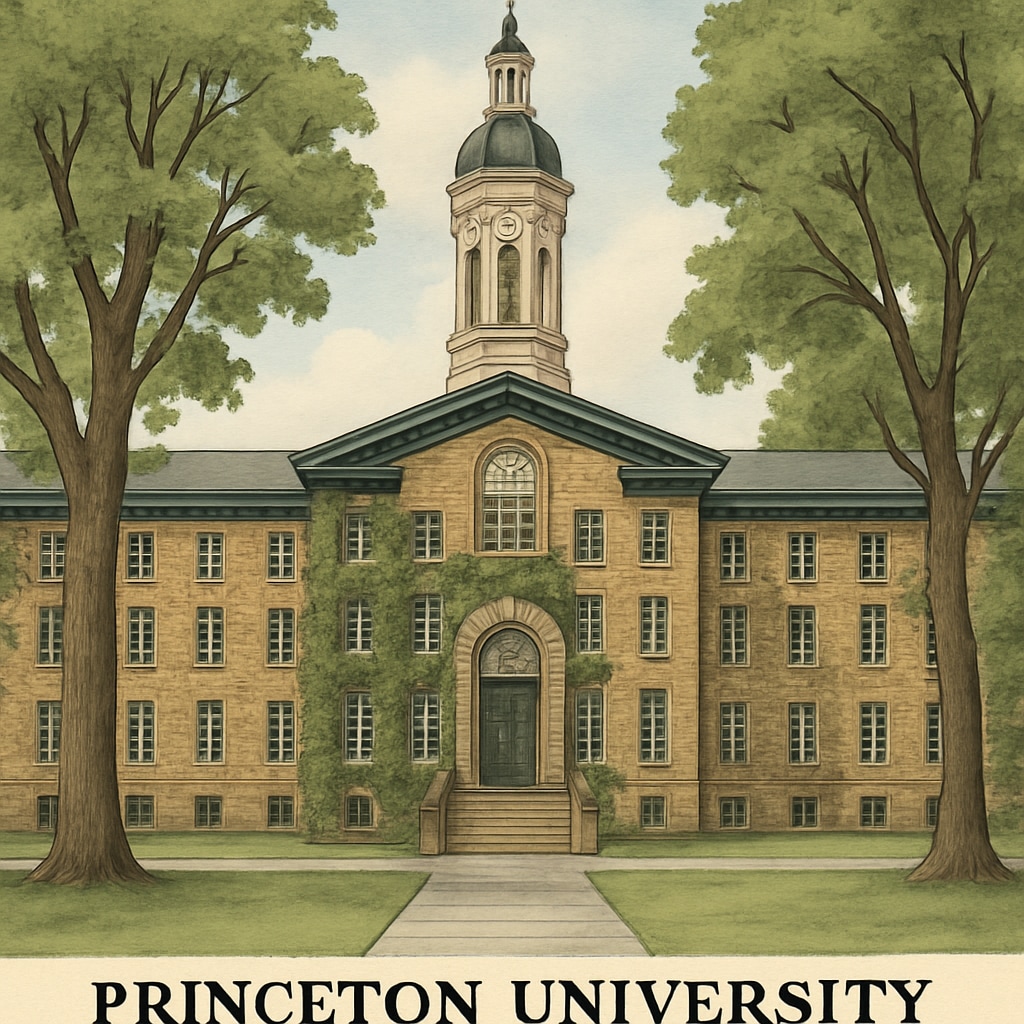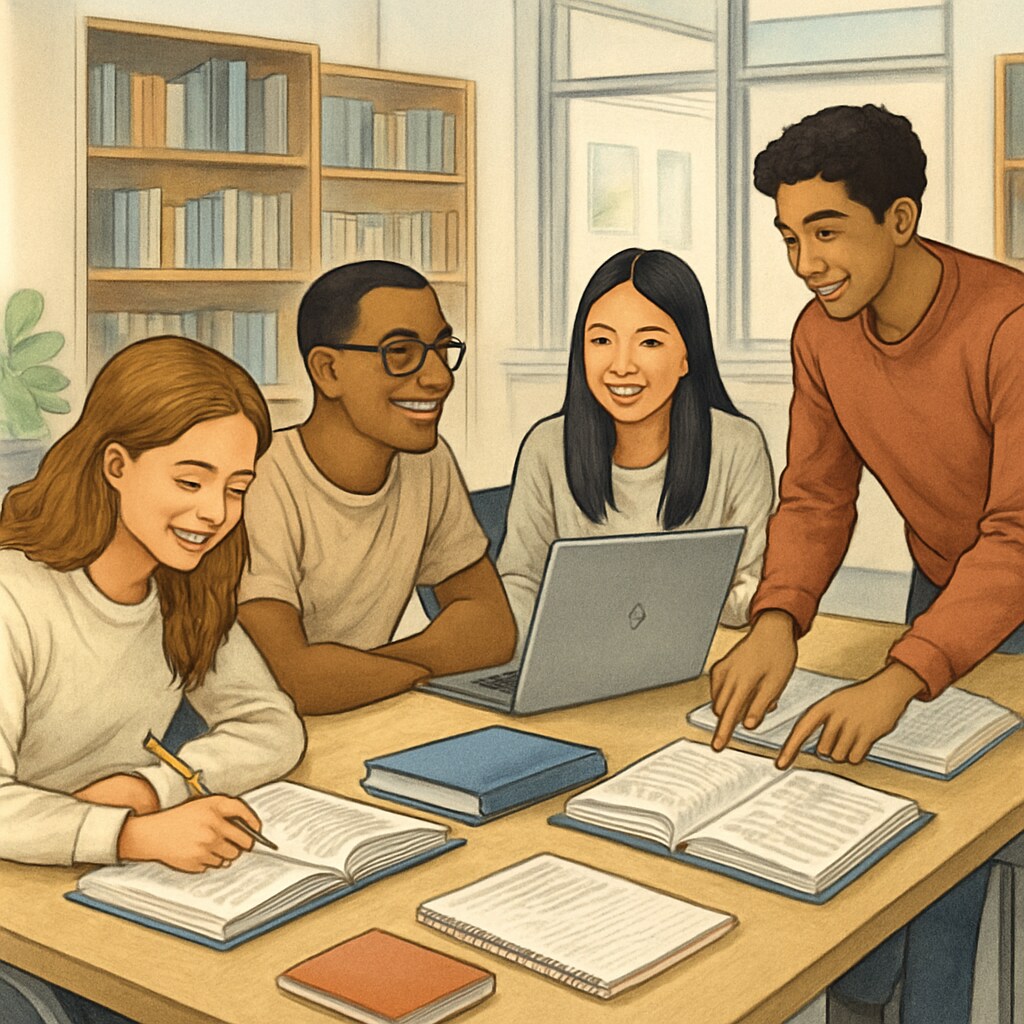The Ivy League universities, including Princeton, are often viewed as the pinnacle of higher education. However, are these institutions, and the prestige they command, truly deserved, or could they be overrated? This discussion delves into the reputation of the Ivy League—particularly Princeton—and examines whether their educational value aligns with their glowing global image.
The Prestige of the Ivy League: A Legacy of Excellence
The Ivy League, composed of eight elite institutions, has long been synonymous with academic excellence, social prestige, and extensive career opportunities. Princeton University, in particular, boasts a history dating back to 1746 and is renowned for its rigorous academic programs and distinguished alumni. These schools continue to dominate global rankings, attract the best students worldwide, and offer generous resources to their academic communities.
However, this prestige may stem as much from historical and cultural factors as from any measurable academic superiority. For instance, the Ivy League’s exclusivity—exemplified by notoriously low acceptance rates—creates an aura of inaccessibility, which enhances its desirability. But does this exclusivity equate to a genuinely superior educational experience, or does it merely reflect a carefully maintained brand image?

Does Reputation Outshine Reality?
Critics argue that Ivy League schools, including Princeton, are often overrated due to their branding rather than their tangible contributions to education. While these institutions undoubtedly provide exceptional resources, they are not the sole providers of quality education. In fact, many public universities and lesser-known private colleges offer comparable or even superior academic rigor at a fraction of the cost.
Moreover, the pressure to attend an Ivy League school can overshadow the importance of finding an institution that fits an individual’s specific needs and goals. For example, a talented student might thrive in a smaller, less competitive environment where they receive personalized attention, rather than in the high-pressure atmosphere of an Ivy League campus.
What Lies Beneath the Surface?
Princeton and other Ivy League institutions undeniably offer unique advantages, such as extensive alumni networks and access to cutting-edge research opportunities. Yet, their critics suggest that these benefits often come at the expense of diversity and inclusivity. Despite efforts to broaden access, Ivy League schools remain disproportionately populated by students from wealthy or privileged backgrounds, creating a social bubble that may not prepare graduates for the realities of the modern world.
Additionally, some argue that the Ivy League’s focus on legacy admissions—a practice where the children of alumni are given preferential treatment—undermines meritocratic ideals. This system perpetuates inequality and raises questions about whether these institutions prioritize maintaining their exclusivity over fostering genuine educational excellence.

Time to Rethink Elite Education?
Given the significant financial and emotional investment required to attend Ivy League schools, it is worth asking: is the Ivy League glow sustainable in the long term? As technology democratizes access to knowledge and alternative paths to success emerge, the monopoly of elite institutions on shaping leaders may diminish.
It’s essential to evaluate universities based on what they offer in terms of personal growth, career development, and societal impact, rather than relying solely on their historical reputation. For students, families, and policymakers, adopting a more nuanced view of higher education could lead to better outcomes and a more equitable system overall.
Readability guidance: This article uses concise paragraphs, avoids jargon, and incorporates transitional phrases such as “for example” and “however” to ensure flow. It also balances critique with acknowledgment of the Ivy League’s strengths to maintain objectivity.


